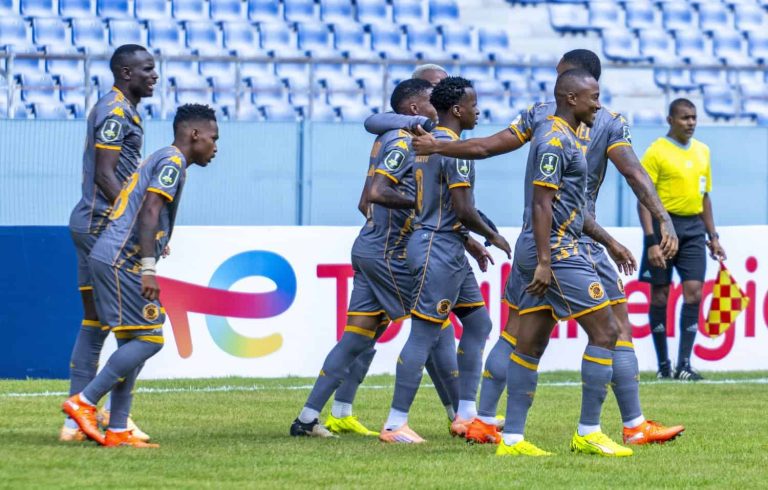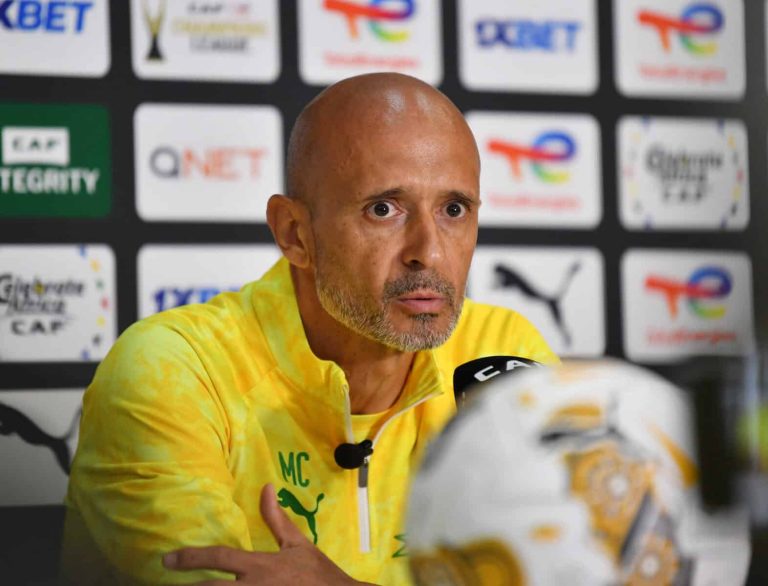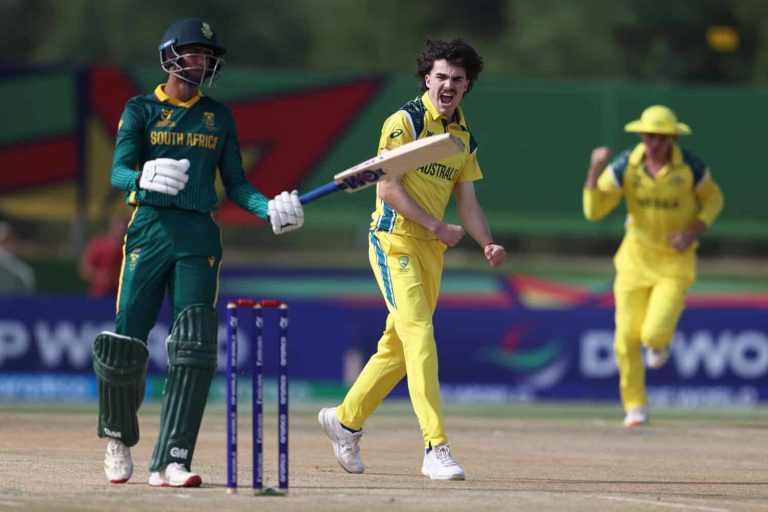 The 1995 Constitution is often celebrated as Uganda’s most ambitious attempt at building a new political order. But according to scholars who helped shape it, the document may have been doomed from the start.
The 1995 Constitution is often celebrated as Uganda’s most ambitious attempt at building a new political order. But according to scholars who helped shape it, the document may have been doomed from the start.
At a public discussion marking World Philosophy day at Makerere University’s main hall on November 19 and 20, historian and political analyst Mwambutsya Ndebesa, who coordinated 20 research assistants for the Constituent Assembly (CA), said the constitution’s failures today can be traced back to its troubled birth.
He argued that the charter was crafted through compromised procedures, political manipulation and glaring structural weaknesses that have haunted its implementation for three decades.
Most strikingly, he said, the constitution-making process “has never ended” because the final draft was never returned to the population for ratification, despite the process beginning with nationwide consultations.
“The majority of the CA delegates did not participate; rather, they were participated,” Ndebesa said, drawing murmurs from the audience. Political parties were barred from taking part, yet when the final document reached the president, he declared: “We have defeated you [supporters of multipartyism].”
Ndebesa argued that the entire process unfolded in the shadow of conflict, political hostility toward the UPC, and deep regional divides.
“The process and the product were largely supported by people from the South,” he said, noting that northern and eastern communities were engulfed in war and exclusion.
He added that many CA delegates were already focused on the approaching 1996 elections, compromising the quality of debate.
“CA delegates should have been prohibited to participate in the immediate elections… They were not sober,” he said. The weaknesses, he argued, were visible almost immediately.
“It was amended 119 times in the first 10 years; I can’t tell how many amendments they are now. Compare this to the USA constitution which has been amended only 27 times in 238 years.”
Ndebesa recalled moments when the invisible hand of the executive openly directed CA delegates—such as ordering army representatives Noble Mayombo and Pecos Kutesa to abandon proposals on Kiswahili and ethnic classification.
“The CA had limitations because of an invisible power outside it… No wonder many important national questions were left untouched or unconcluded.”
A ONE-SIDED PROCESS
Philosophy professor Byaruhanga Rukooko echoed those concerns, describing the process as “blatantly one-sided” and dominated by NRA/ NRM political commissars. He said ideas gathered from sub-counties were pre-screened by NRM activists, civil society was sidelined, and the Movement system was given favourable treatment in the Commission’s assessments.
“The president was allowed to appoint too many delegates, and Movement CA candidates were accorded funding and media coverage,” he said.
The result, he argued, was inevitable: a constitution that entrenched vast presidential power. To those calling for a new national conversation, he asked pointedly: “Under whose roof?”
THE MINISTER RESPONDS
Justice and Constitutional Affairs minister Norbert Mao, attending as chief guest, urged Ugandans to interrogate not just implementation failures but also the constitution’s original flaws.
“There were definitely interested groups and individuals who passed certain provisions in bad faith,” he said, citing the removal of presidential term limits as a clause that should have been entrenched and subject to a nationwide referendum. Mao said the army’s influence over politics has persisted since the CA.
“For any serious political question, people ask in whispers, ‘What’s the army’s position?’” He described the current environment as Pax Musevenica—a stability maintained through military dominance.
Reflecting on Uganda’s constitutional history from 1962 onward, Mao said: “Sooner or later, cheating catches up with its perpetrators… It’s an irony that with the name Uganda, which means unity, we are always lacking consensus.”
Uganda, he said, has seen every political wonder except a president leaving power peacefully. He urged citizens not to be misled by arguments that “democracy means nothing” or that democracy and development are at odds.
“People can’t forgo their freedom because they have a strong man,” he said. Mao argued that even uneducated villagers desire democracy, and challenged critics to propose alternatives.
He described his vision as “consensual democracy,” warning that “radical rudeness” undermines stability. He revealed that the Democratic Party has submitted reform proposals to government—among them a ceremonial presidency, an executive prime minister, proportional representation, and the removal of army representatives from parliament.
“We need to carry out open and difficult conversations,” he said. “There are extremists in both the NRM and the opposition. We need rituals for healing, truth, reconciliation, and nation-building,” Mao added.



